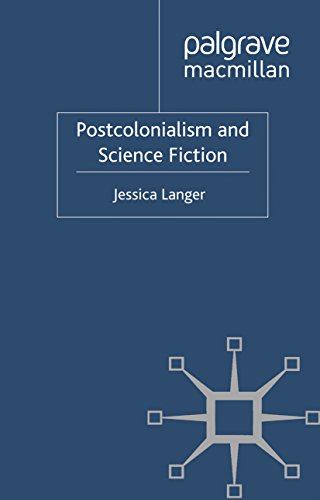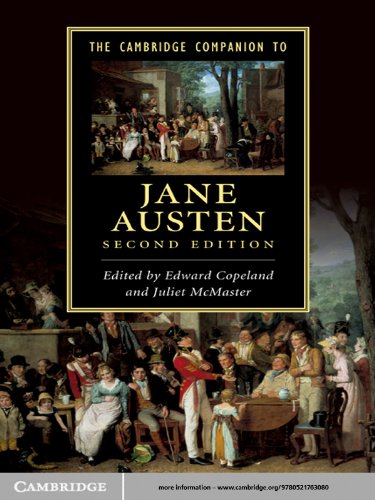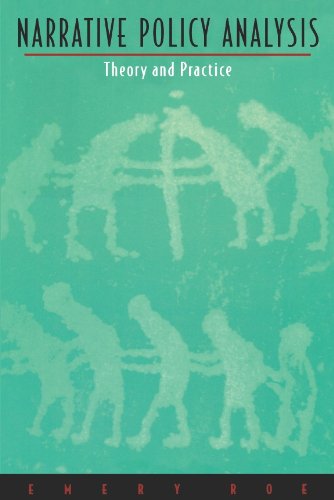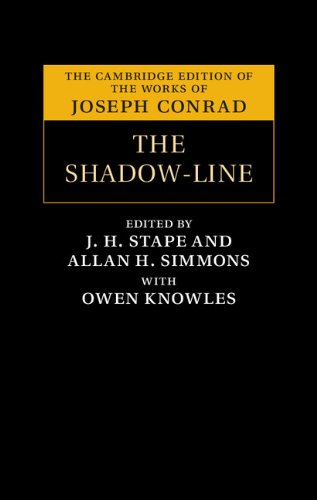
By Amy L. Hubbell
Colonized by way of the French in 1830, Algeria was once a big French settler colony that, not like its acquaintances, continued a long and brutal battle for independence from 1954 to 1962. The approximately 1000000 Pieds-Noirs (literally “black-feet”) have been former French electorate of Algeria who suffered a tense departure from their houses and discrimination upon arrival in France. In reaction, the as soon as heterogeneous crew unified as a group because it struggled to take care of an id and continue the reminiscence of colonial Algeria alive.
Remembering French Algeria examines the written and visible new edition of Algeria through the previous French electorate of Algeria from 1962 to the current. via detailing the maintenance and transmission of reminiscence triggered via this worrying event, Amy L. Hubbell demonstrates how colonial identification is encountered, remodeled, and sustained in Pied-Noir literature and picture, with the machine of repetition functioning in those literary and visible texts to create a unified and sentimental model of the prior. while, in spite of the fact that, the Pieds-Noirs’ compulsion to come compromises those efforts. Taking Albert Camus’s Le Mythe de Sisyphe and his next essays on ruins as a metaphor for Pied-Noir identification, this publication experiences autobiographical bills by means of Marie Cardinal, Jacques Derrida, Hélène Cixous, and Leïla Sebbar, in addition to lesser-known Algerian-born French voters, to research move as a destabilizing and efficient method of the past.
Read or Download Remembering French Algeria: Pieds-Noirs, Identity, and Exile PDF
Similar literary criticism & theory books
Get Postcolonialism and Science Fiction PDF
Utilizing shut readings and thematic reports of up to date technological know-how fiction and postcolonial idea, starting from discussions of jap and Canadian technology fiction to a deconstruction of race and (post)colonialism in international of Warcraft, This e-book is the 1st complete research of the complicated and constructing courting among the 2 parts.
Jane Austen's inventory within the renowned industry hasn't ever been larger, whereas educational stories proceed to discover new elements of her engagement together with her global. This totally up to date version of the acclaimed Cambridge spouse deals transparent, available insurance of the intricacies of Austen's works of their historic context, with biographical info and recommendations for extra examining.
New PDF release: Narrative Policy Analysis: Theory and Practice
Narrative coverage research provides a robust and unique program of up to date literary conception and coverage research to lots of today’s such a lot pressing public coverage matters. Emery Roe demonstrates throughout a wide range of case experiences that structuralist and poststructuralist theories of narrative are tremendously invaluable in comparing tricky coverage difficulties, figuring out their implications, and in making potent coverage techniques.
Joseph Conrad's brief novel The Shadow-Line: A Confession (1917) is among the key works of early twentieth-century fiction. This version, confirmed via sleek textual scholarship, and released as a part of the Cambridge variation of the Works of Joseph Conrad, provides Conrad's purely significant paintings written in the course of the First global struggle and its 1920 preface in kinds extra authoritative than any to date revealed.
- Depression Glass: Documentary Photography and the Medium of the Camera-Eye in Charles Reznikoff, George Oppen, and William Carlos Williams (Literary Criticism and Cultural Theory)
- Charles Williams: Alchemy and Integration
- South African Literature's Russian Soul: Narrative Forms of Global Isolation (New Horizons in Contemporary Writing)
- Time's Glory: Original Essays on Robert Penn Warren
- Reception Theory: Volume 25 (New Accents)
Additional resources for Remembering French Algeria: Pieds-Noirs, Identity, and Exile
Sample text
Remembering French Algeria: Pieds-Noirs, Identity, and Exile by Amy L. Hubbell
by John
4.4



